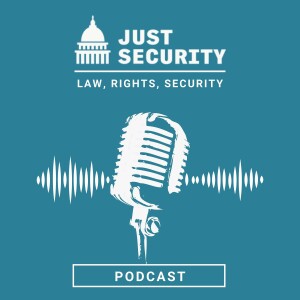
Today, July 12, the leaders of NATO member countries are wrapping up a summit in Vilnius, Lithuania. The meeting opened as Turkey’s President Recep Tayyip Erdogan ended his opposition to NATO membership for Sweden, and as President Biden said Ukraine still needs to take steps before it can join the Alliance. Biden further said Ukraine shouldn’t be admitted while Russia’s invasion continues because that would pit the Alliance directly against Russia.
In 2008, Alliance members vaguely promised that Ukraine could join NATO, but left the timing unspecified. Meanwhile, Ukrainian President Volodymyr Zelenskyy has made it clear he believes his country deserves membership, particularly as it fights for its survival against Russian aggression and defends democratic values.
But the agreement NATO members reached this week only offers Ukraine membership “when allies agree, and conditions are met,” though the Alliance did put together a package of weapons and security assurances in the meantime.
To discuss the summit and unpack its implications, we have Ambassador Daniel Fried.
During his 40 years in the foreign service, Ambassador Fried played a central role in implementing U.S. policy in Europe after the fall of the Soviet Union. In several senior roles including, Assistant Secretary of State for Europe, Ambassador Fried helped craft the policy of NATO enlargement to Central European countries and NATO-Russia relations. Earlier, he served as the U.S. Ambassador to Poland. He is currently the Weiser Family Distinguished Fellow at the Atlantic Council, which co-hosted a public forum with other think tanks as part of the NATO summit.
Show Notes:
- Ambassador Daniel Fried (@AmbDanFried)
- Viola Gienger (@ViolaGienger)
- Ambassador Fried’s Just Security article previewing the NATO Summit
- Just Security’s NATO coverage
- Just Security’s Russia-Ukraine war coverage
- Music: “The Parade” by “Hey Pluto!” from Uppbeat: https://uppbeat.io/t/hey-pluto/the-parade (License code: 36B6ODD7Y6ODZ3BX)
- Music: “Underworld” by “Revo” from Uppbeat: https://uppbeat.io/t/revo/underworld (License code: MWDRAARUCSZNLOLV)
More Episodes
 2024-10-31
2024-10-31
 2024-08-02
2024-08-02
 2024-08-01
2024-08-01
 2024-06-24
2024-06-24
Create your
podcast in
minutes
- Full-featured podcast site
- Unlimited storage and bandwidth
- Comprehensive podcast stats
- Distribute to Apple Podcasts, Spotify, and more
- Make money with your podcast
It is Free
- Privacy Policy
- Cookie Policy
- Terms of Use
- Consent Preferences
- Copyright © 2015-2024 Podbean.com





